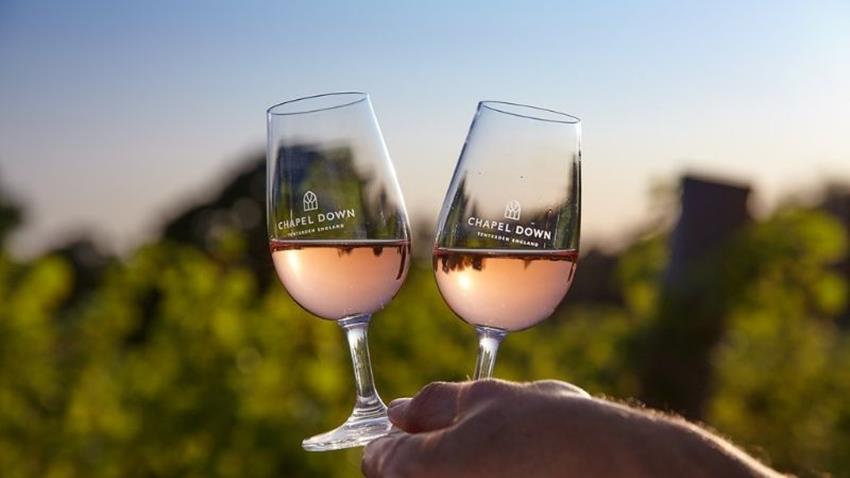
English Wine Week highlights the enjoyment wine drinkers (and writers) get from our homegrown and locally produced bottles. There is something lovely about knowing that your wine has burst forth from the very same land that you are on and supporting a whole community of creators in your own back garden.
It seems like there has been something of a step-change with English wine. Especially given it saw double-figure sales growth within the UK market in 2020 against the backdrop of a slightly contraction in the wine category as a whole in the last 5 years. With this in mind there's an opportunity here to capture consumers with this uniquely British product.
Why drink local?
The trend for seeking out local produce has accelerated in the last year and a half. Customers in many categories are demonstrating a willingness to help out homegrown producers. With many people, especially in the food and beverage industries experiencing job insecurity due to the pandemic, there has, according to Drinks Business, been a real and sustained push for ‘localism’ in wine choices. This represents both a ‘safe’ choice and an ethical one as consumers wish to support those they consider to be part of their own community.
The trend ties into the issue of food miles, another consideration that is driving consumer interest in local produce. It’s no secret that the environmental impact of our food is causing increased concern among consumers. With globalisation and the relatively low cost of transport, it is easier than ever to buy both fresh and packaged food from all over the world, often without being aware of the place of origin. This has an enormous impact on global CO2 emissions, leading to calls for greater transparency in food and drink production. Wine is a unique product in that place of origin is already a crucial factor in consumer choices with only variety being a more impactful factor in the selection process. This means that English wines are perfectly placed to enjoy the increased consumer interest in low ‘food-miles' products in the UK market.
The opportunity for UK venues
The desire to eat, drink and buy ethically presents an opportunity for venues of all types to demonstrate their own commitment to sustainability and localism. Customers appreciate when the businesses they patronise reflect their own values and sustainability is becoming an increasingly significant piece of this puzzle.
One way to capitalise on these trends is to call out local wine in its own section in your menu, with all drinks categories represented. While English wines were once primarily sparkling varieties and thus competing against established styles like champagne and prosecco, English wine producers are increasingly extending their range to include high quality still wines of every colour. Chapel Down English Rose is a perfect example, representing a red-fruited and full-bodied challenger to Provence rose. Balfour similarly produces a beautiful range of cool-climate red wines that are uniquely English in style.
Or, with an increasingly diverse array of English wines to choose from, why not introduce your guests to the category with a limited menu of local wines matched with local produce? Follow the old wine matching adage that “what grows together goes together”.
Alternatively, in a summer simple bursting with international sport, you could take the opportunity to play on the patriotic spirit of your customers by offering a themed drinks list consisting entirely of homegrown products for events such as the Olympics.
To explore the full range of English wines from Matthew Clark visit Matthew Clark Live. You can register here to order online or if you don’t yet have an account with us, you can checkout as a guest.

